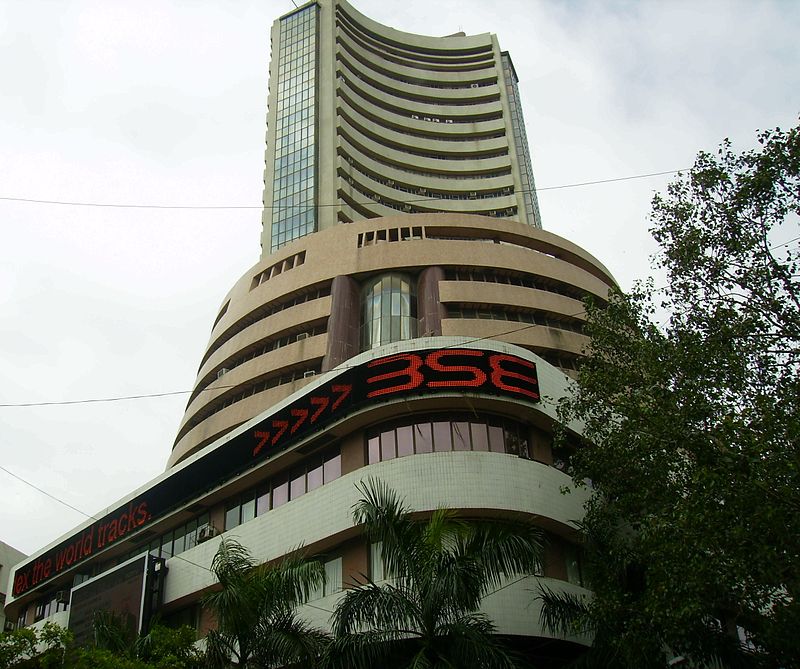Mumbai— Indian equity markets fell sharply on Tuesday, with both benchmark indices declining by over 1 percent as weak global cues and sustained foreign institutional investor (FII) selling weighed heavily on investor sentiment.
The BSE Sensex plunged 872.98 points, or 1.06 percent, to close at 81,186.44. During the session, the index fluctuated between an intraday high of 82,250.42 and a low of 81,153.70.
The NSE Nifty 50 also lost ground, declining 261.55 points, or 1.05 percent, to end at 24,683.90.
“The Nifty slipped after two days of consolidation, dragged down by broad-based selling and weakening market breadth,” said Rupak De, Senior Technical Analyst at LKP Securities. He added that while the short-term trend remains strong, the index may experience a deeper pullback toward the 21-day exponential moving average (EMA) on the daily chart.
Losses were widespread across sectors, with most Sensex constituents ending the day in the red. Only a handful of stocks managed to stay in positive territory—Tata Steel rose 0.73 percent, Infosys gained 0.08 percent, and ITC edged up by 0.07 percent.
Among the biggest laggards was Eternal (formerly Zomato), which fell 4.10 percent, followed by Maruti Suzuki, UltraTech Cement, Power Grid, and Nestle India.
Broader markets also came under pressure. The Nifty Midcap 100 dropped 1.62 percent, while the Nifty Smallcap 100 slipped 0.94 percent, reflecting a wider sell-off.
All sectoral indices closed lower, with the Nifty Auto index emerging as the worst performer of the day. It plunged 2.17 percent, leading the downturn as auto stocks bore the brunt of investor anxiety.
The India VIX, which measures market volatility and is often referred to as the fear index, inched up 0.12 percent to 17.39, signaling increased concern about market stability.
“With the absence of major positive triggers and ongoing uncertainty surrounding U.S. fiscal conditions, investors turned to profit-booking and adopted a more cautious approach,” said Vinod Nair, Head of Research at Geojit Financial Services.
He added that concerns about elevated valuations and delays in the India-U.S. trade agreement have added to the market’s nervousness. “Given the current premium valuations and lack of progress on the trade front, we anticipate a phase of short-term consolidation, which could prompt FIIs to reduce their exposure to Indian equities,” Nair noted. (Source: IANS)








